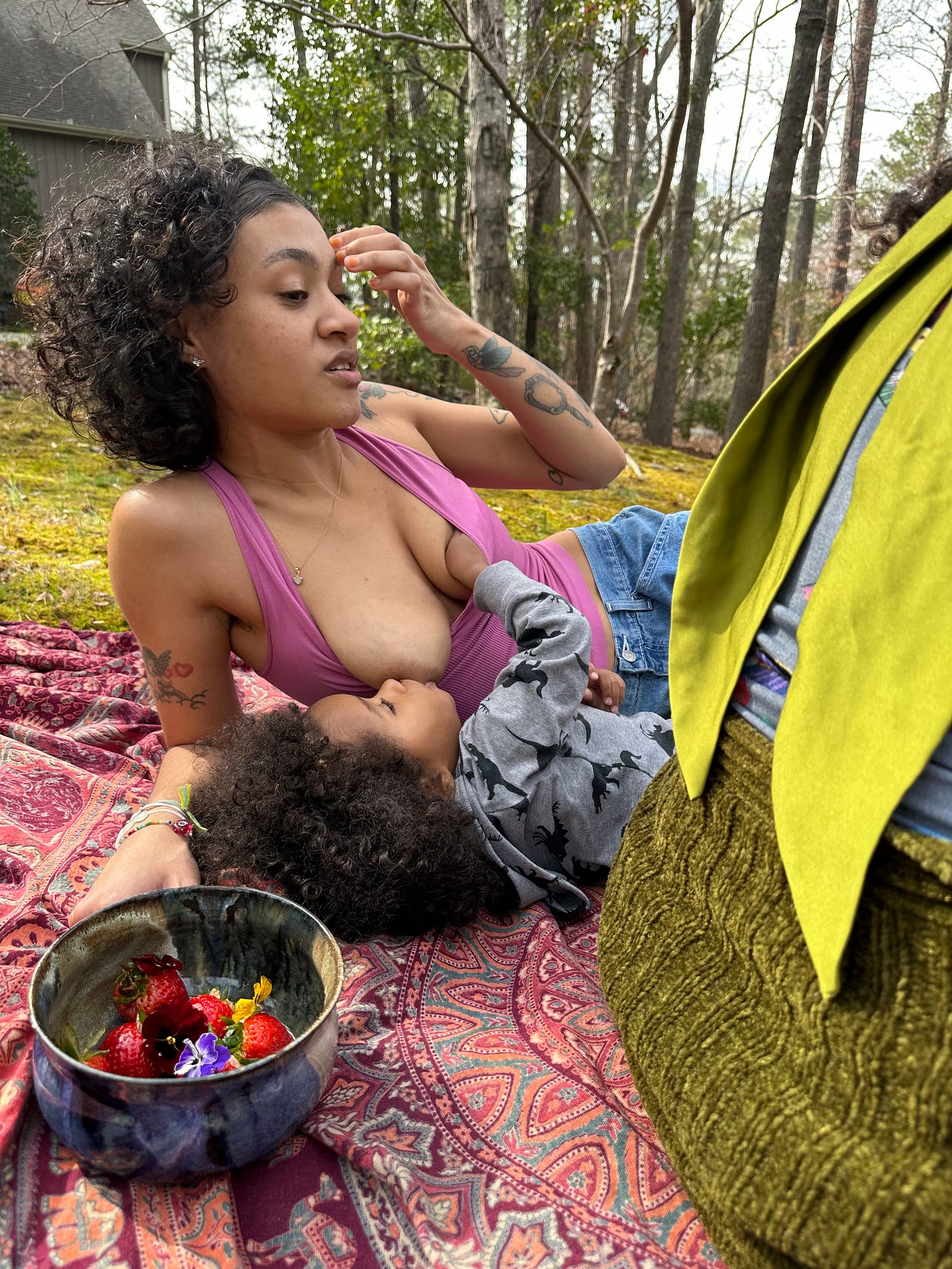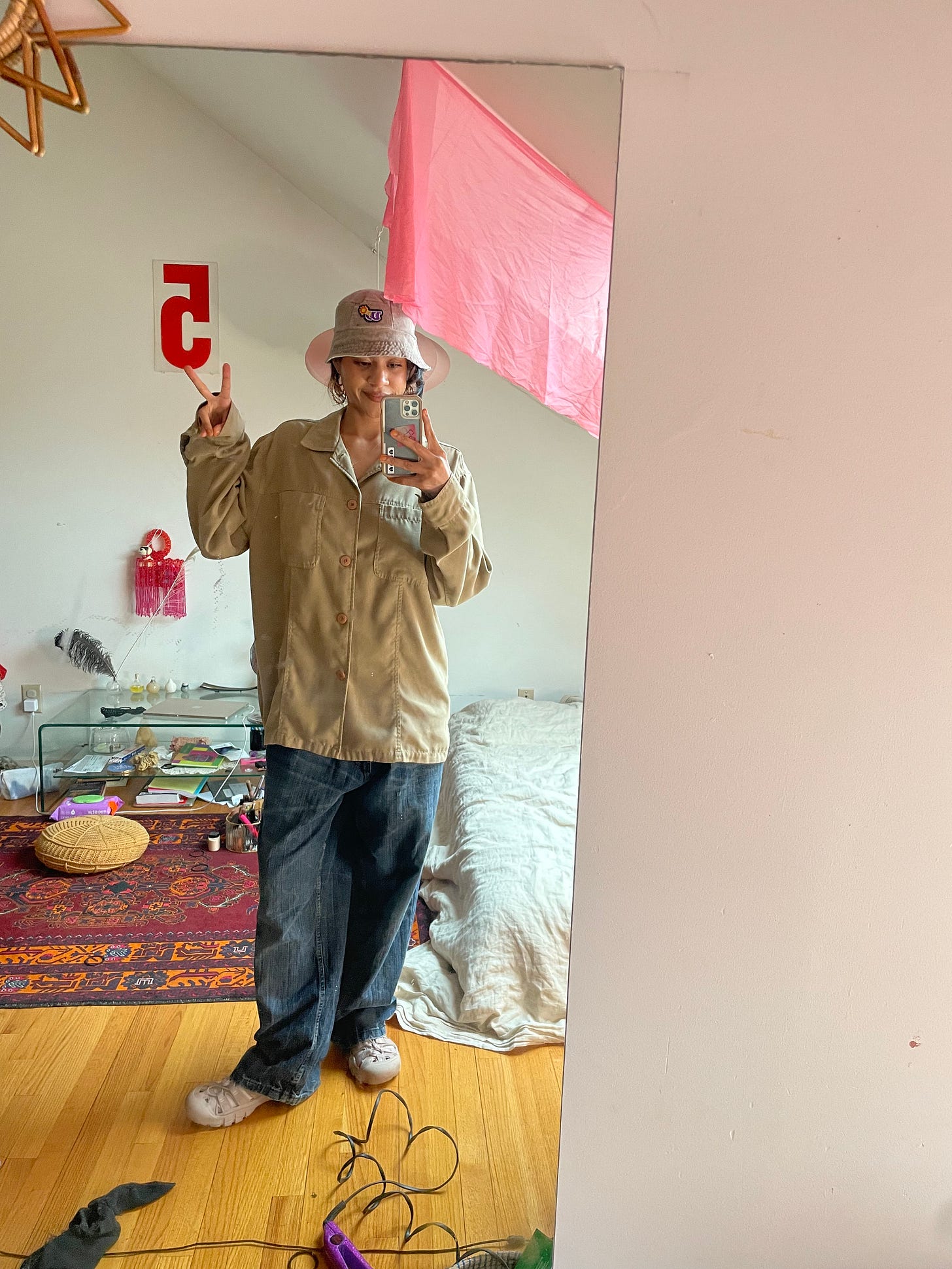A rusty nail barely punctured the surface of my left foot, triggering a distant memory from almost 20 years ago: as I prepared myself for my first tetanus shot, the pediatrician made it clear that this injection was to prevent the certain death that would follow a wound created by such a predator. This encounter with new information initiated rusty nail haunted nightmares, though the probability of finding one seemed rare at the time. It paralleled that time in kindergarten when the local Fire Dept. visited with techniques of fire safety. They turned a serious lesson into play by waving a white sheet (smoke) over our crawling bodies. We giggled and begged to go again. Long after that interactive demonstration, I stared at the blinking smoke detector at the entrance of my room with terror. Did those blinking lights signal danger? Would I need to employ the techniques I had learned? The occasional beeping only deepened my apprehension. Despite my irrational fears, mortality loomed large in my thoughts, even as a child. It often kept me up at night.
I can only imagine the sudden unease my soon-to-be two year old encounters in her newfound imagination. Every other night, her subconscious introduces sleep-interrupting visuals leading her to scream for cuddles and stories that will soothe her back to peace. Even after her thoughts are no longer lingering with torment, she finds it difficult to find rest, especially if I’ve got something I want to get back to—for instance, progressing on this post. I, too, tend to run a full Disney movie for every hour of existential dream-time. So, I get it.
In the face of Black women is an almost inescapable reality: they are three times more likely to lose their lives due to pregnancy-related complications than white women. This sobering statistic weighed heavily on my mind as I deliberated where to give birth (and with who), a consideration that predates the discovery of my own pregnancy. The journey of childbirth isn’t just a confrontation with mortality; it’s a profound test of faith in the advocacy and support systems surrounding you. Many women bear the burden of navigating a system that often fails to prioritize their well-being, leaving them feeling unsupported and overlooked. This disregard for maternal care, the caregiving role, and women as human beings, permeates every aspect of our lives. It echoes the systemic inequalities ingrained in American society and shapes the dynamics of our relationships with ourselves, our mothers and other women and men. Experiencing this initiation tends to foster solidarity between mothers. Yet, it can leave men feeling excluded, further removed from understanding the gravity of a woman's well-being, her sacrifice and indispensable contribution to society. Giving birth and truly supporting birth and post-birth, is a raw confrontation with dying, a journey where the outcome remains uncertain, and the wellbeing of the life you bring into the world hangs in the middle of it all.
I had hope that these liaisons with death would dissipate as my belly found itself closer to my ribs. I was naively mistaken. And that’s not the first time. There hasn’t been a day that goes by since the birth of my baby that I don’t think about death and dying. And I don’t mean to scare anyone into thinking that I’m suicidal—I promise, I’m not this time. It is simply something I contemplate daily. I am the primary caretaker of my child. Not to say I don’t trust anyone else with her, but I do have to consider that if I were to be wiped off of the planet sometime before she’s on her own feet: who would look after her? Would she be ok without her mother? I know I wouldn’t be ok for a while (if ever) without mine. Or my dad for that matter. They’ve both been my greatest supporters, even in a slew of bad decisions. And I think about their deaths, too. They are old heads now and anything could happen at any moment. If they were to fall off the edge of the Earth, how would I get through my days? Who would help me prioritize and implement time for myself? Who would pay for and sustain the home that my child and I currently live in? If nothing else, these thoughts of death push me to do more. They propel me into not settling, and not resting as much as I should. They fill my mind with more actions than I often have the energy for to help my family before their bodies begin to decay. Thoughts of how I can return the love that they have so unconditionally given to me. I couldn’t possibly mother without their support. And my babe wouldn’t be who she is without their reliable presence.
Thinking of death doesn’t scare me all the time. It used to bring discomfort every time the wave of thought wiggled between my ears. Though it does incite occasional sadness, I understand the beauty in its inevitability. It asks me to find a bit more romance in the mundane. The simplicities of everyday instigating a sense of reverence and joy hidden behind surface level annoyance.
In the contemplation of my earthly disappearance, I recognize my indispensable role. I am not disposable. I am a mother to a young black girl. She knows the smell of my breasts. The texture of my skin. The color of my eyes. The patterns of my tongue. The tones my vocal cords hum. She knows the warmth of my embrace and how often I am open to her body on mine. I cannot be replaced. Nor will I ever be. I cling to this irreplaceability with the length of my toes. I forget to look to the sky in gratitude for the trust that God has in me to show up momentously and sacrificially for humanity—for women. I’m [now] a girl’s girl. After years of leaning more toward tomboy activities, I have done the most feminine thing I can, and the most feminist thing possible: committed to raising a black girl.
THANK GOD!
Thank you. Thank you. Thank you.
Abby xx






